Geoffrey Watson SC’s report finds CFMEU Victorian branch’s EBA process was ‘vulnerable to corruption’
A new integrity unit will be established in the administration now running the CFMEU, to probe the relationship between suppliers and former union officials and employees.
Victoria
Don't miss out on the headlines from Victoria. Followed categories will be added to My News.
An investigation into the disgraced Victorian branch of the CFMEU is set to continue with coercive powers, forcing witnesses to hand over documents and sensitive information.
And a new integrity unit will be established in the administration now running the union, to probe the relationship between suppliers and former CFMEU officials and employees.
The moves were made by the administrator of the union, Mark Irving KC, in a bid to crack open the serious issues of lawlessness and kickbacks referred to in the investigation’s interim report, by anti-corruption barrister Geoffrey Watson.
That report, revealed by the Herald Sun on Monday, was commissioned by the union’s national secretary and found that bikies and underworld figures had infiltrated the CFMEU in Victoria and remained on Big Build sites with “more or less the same authority”.
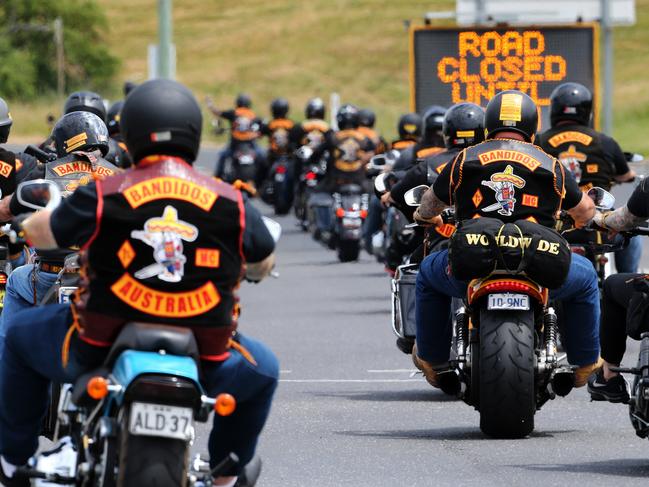
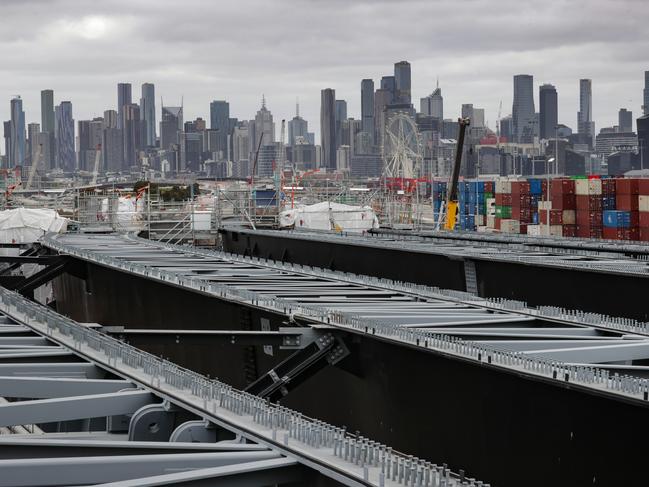
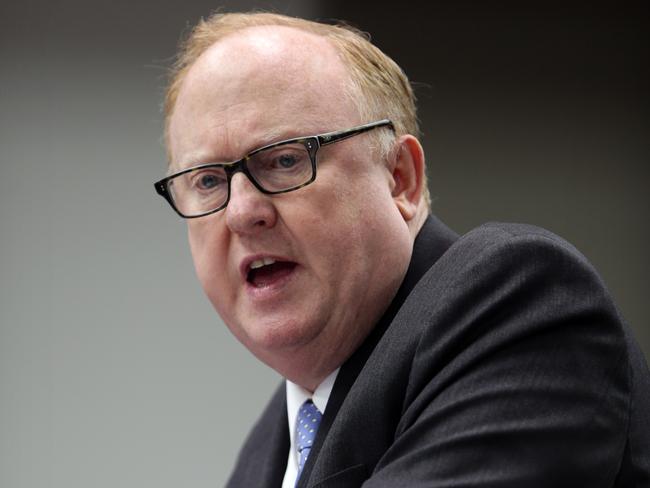
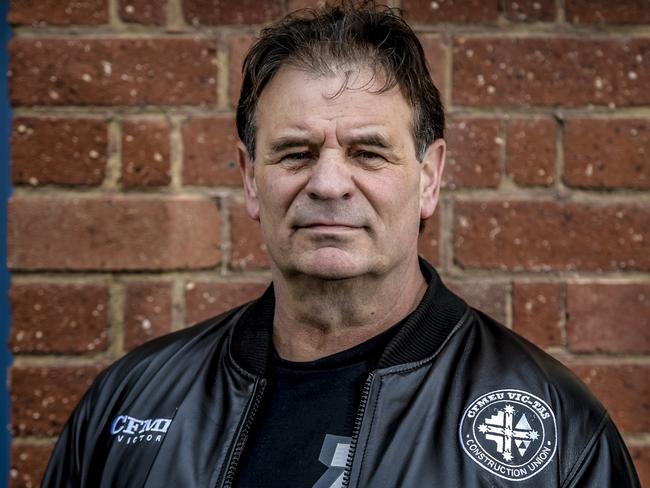
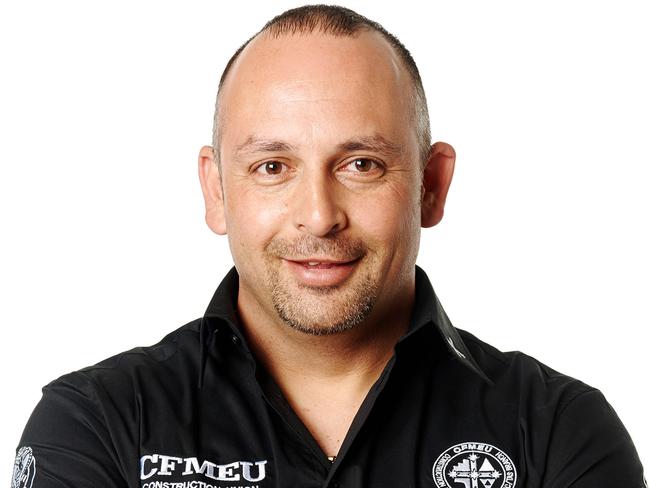
It also mentioned that the probe was hampered by threats of violence, and did not have the authority to compel people to provide information.
Mr Irving, who has pledged to clean up the union and will push law enforcement to take a closer look at the construction industry, said there would also be a broader investigation into labour hire organisations in Victoria, and a new whistleblower service created.
This would enable people to provide information with whistleblower protections under law.
Major investigations by the administration will also be established in Queensland and NSW to look at the involvement of outlaw motorcycle gangs and organised crime groups within the construction industry.
“Mr Watson’s report has shed light on a cycles of lawlessness where violence was an acceptable part of the culture that exists across the Victorian construction sector and that in this cycle of intimidation and violence the CFMEU had lost control,” he said.
“I have sought that Mr Watson will continue his work the coercive powers vested in me as the Administrator, will enable him to overcome limitation that previously inhibited the conduct of his investigation.”
Mr Watson’s report found that the cycle of intimidation and violence that existed within the Victorian branch of the CFMEU had “lost control” before it was placed into administration.
It found underworld figures were involved in pay deals, which can be worth millions of dollars due to their ability to gain access to lucrative building sites, and that enterprise bargaining agreements had become “vulnerable to corruption”.
One organiser told Mr Watson that Indigenous labour hire agreements were a “goldmine”, and that bikies had been recruited as a “counterweight” to standover people hired by building company bosses.
The further investigation ordered by Mr Irving has been tasked to look into relationships between union figures and suppliers on sites, and to probe the way EBAs are struck.
Mr Watson has also been asked to continue to look into allegations that former CFMEU assistant secretary Derek Christopher, who was John Setka’s anointed successor as state secretary, received about $200,000 in free labour and supplies from companies including Built, Multiplex, and Express Interiors.
Mr Irving said the integrity unit he had ordered be established was to “investigate the mounting number of allegations that have been and continue to be raised with me”.




